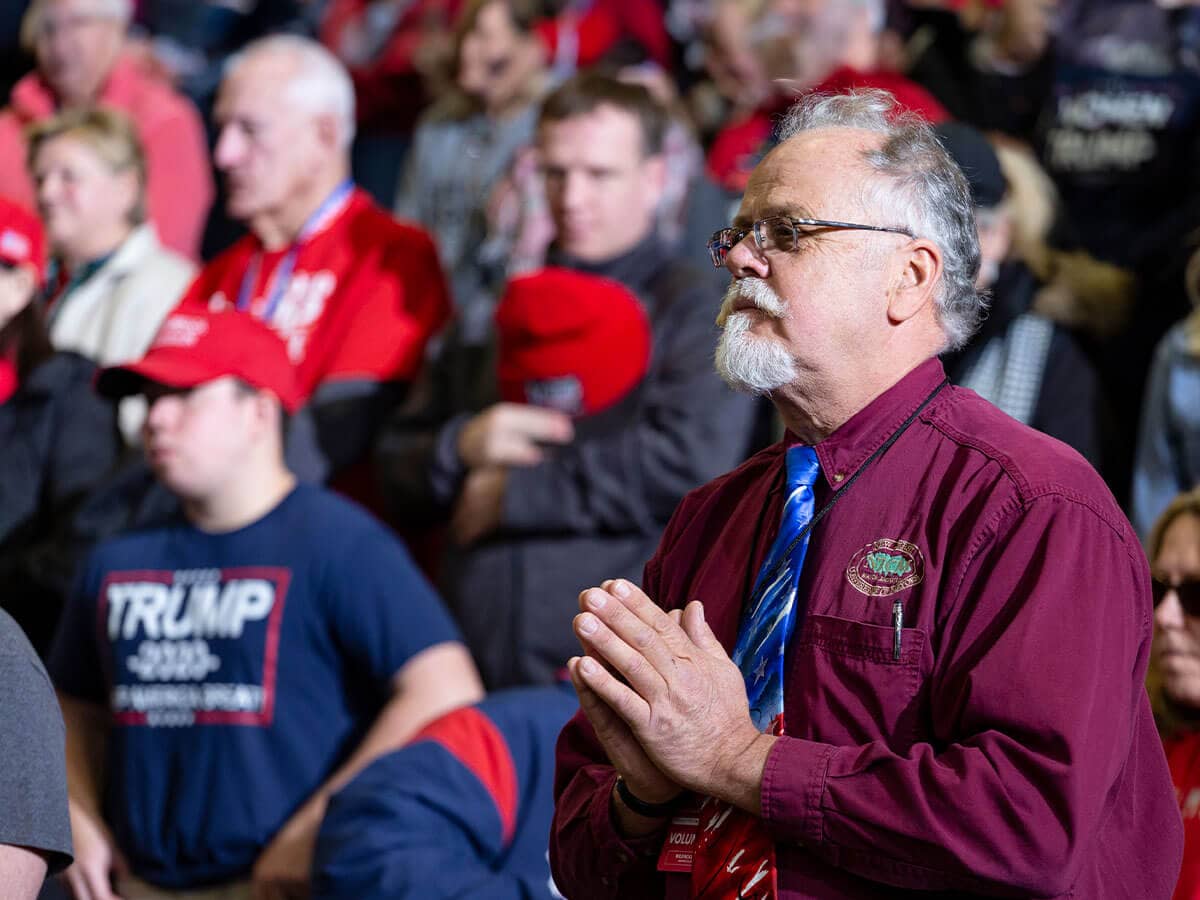The lawsuit, against Gov. Frank O'Bannon and state Budget Director Betty Cockrum, comes one day after the U.S. Supreme Court decided to let stand a lower court ruling that could force Elkhart to remove the Ten Commandments from the City Hall lawn.
Today's lawsuit, to be filed in Marion Superior Court, challenges what it says is the state's use of the Build Indiana Fund -- revenue from the lottery and other gambling -- to benefit and support religious institutions or direct expression of a particular religion.
Money from the fund is supposed to go to capital projects proposed by state and local governments.
Instead, the ICLU charges, some of the money has supported religion. The suit cites several examples, from money given to parochial schools and colleges, to $25,000 to support an Easter pageant in Marion, which depicts the crucifixion and resurrection of Jesus.
John Krull, ICLU executive director, said Indiana's constitution states: "No money shall be drawn from the treasury for the benefit of any religious or theological institution.'
But that's exactly what's been happening, he said.
The ICLU combed through the records of Build Indiana projects from 1999 to now and found from $500,000 to more than $1 million appropriated to benefit religious institutions, Krull said.
"The ICLU had to stand up and say, 'This is what we're about,' " he said. "This is a pretty bedrock principle for our membership.'
The governor's office declined to comment.
State Rep. Eric Turner, the Marion Republican who secured the money for his city's Easter pageant, was unapologetic.
The pageant, he said, is a community event dating back 70 years.
"I'd unashamedly try to get the money again for the Marion Easter pageant,' Turner said. "I think my constituents would support me overwhelmingly.'
She didn't think about church and state when she sought the money, she said, only about how much it was needed to help children who otherwise might not have access to computers.
Joyce Martello, church administrator, called the money a blessing that will let the church, which runs the Respect Academy school, create and house Respect Academy Technology Center. It will be open to the public, she said, and be used for learning, not preaching.
Just where the line separating church and state falls has become a key issue for President Bush, who has created a White House office to coordinate giving federal dollars to private and religious charities.
Former Indianapolis Mayor Stephen Goldsmith is now special adviser to Bush for faith-based and nonprofit initiatives.
Tax dollars going to religious organizations "shouldn't be a problem,' Goldsmith said -- depending on how the dollars are spent.
Bibles, no. Beds, yes.
There are, he said, legal land mines that have to be carefully negotiated, but there are precedents that let Bush proceed with his initiatives. There are, he said, more court cases to come and more battles to be fought in Congress.
"It's not black and white,' Goldsmith said. "But we're confident we'll eventually succeed.'
Angie Petry of Noblesville doesn't see the trouble with tax money helping churches.
"It does good, and it shouldn't matter if it's religious or not," said Angie, an evangelical Christian who attends Refuge Christian Church in Noblesville. "If it was a Jewish group or Muslim, they would be doing the same thing -- feeding people and helping kids stay out of gangs."
Rabbi Eric Bram knows what it's like to be the person who isn't Christian. He supports the ICLU's efforts to defend the separation of religion and government. Bram leads Indianapolis Hebrew Congregation, the largest Jewish congregation in Indiana.
Last year he joined the ICLU as a plaintiff in its lawsuit against O'Bannon for his plans to post the Ten Commandments on the Statehouse lawn. That case is before the 7th U.S. Circuit Court of Appeals.
Bram is equally opposed to granting Build Indiana dollars to religious groups.
"Religion is of great benefit. It is life-affirming and enriching," he said. "The issue is what does it mean to belong or not belong. And if the government establishes one religion over another, that means I am on the outside. At that moment, it is not my country anymore."
Religious pluralism today is thriving in Indiana, which makes the state a battleground over the proper place of religion in public life, said David Bodenhamer. He's a legal historian and directs the Polis Center at Indiana University-Purdue University Indianapolis.
"Most people don't realize how diverse Indiana is religiously," he said. "Not just in terms of Christians and Jews and Muslims, but within these traditions as well. You can't say Christians are all alike, for instance. Baptists and Episcopalians are different. Church of God and Methodism are different."

